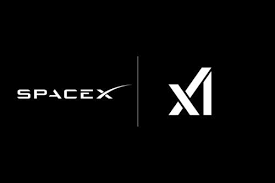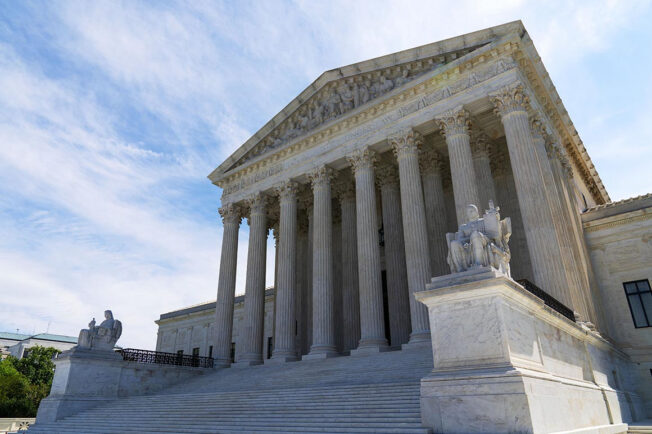
When I was in London last week, one of my friends there expressed concern that the various Epstein-related revelations involving company executives might lead to D&O claims. I confess that at the time I didn’t really see her point. However, as it has turned out, just days after that conversation, investors filed a new securities suit against Apollo Global Management and its founder and former CEO Leon Black based on Epstein-related allegations. The March 2, 2026, complaint (here) alleges that the defendants misled the company’s investors about the firm’s business dealing with convicted sex offender Jeffrey Epstein.
Continue Reading Epstein Disclosures-Related Securities Suit Filed Against Apollo, Leon Black





